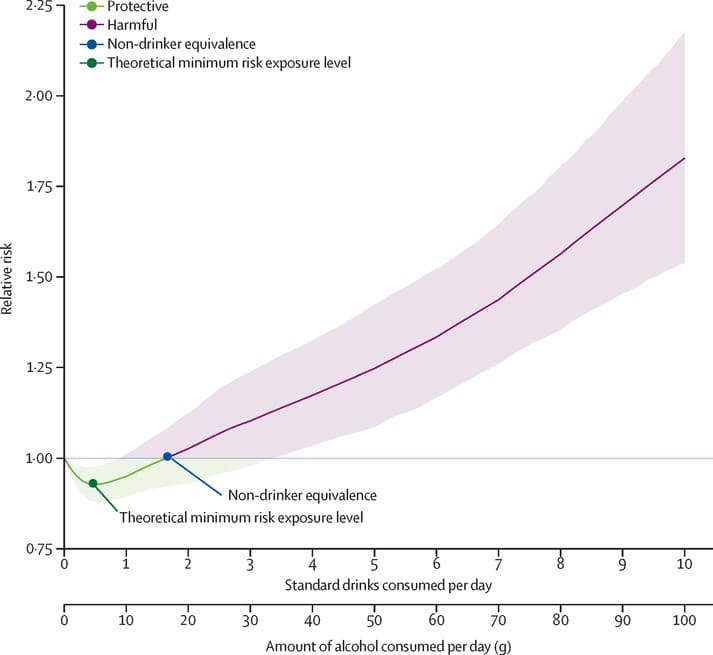Alcoholic Assessment Test
3 Min Free Alcoholic Assessment Test
Who Can Benefit From This Alcoholic Assessment Test?
This alcoholic assessment test can be beneficial for anyone who is interested in assessing their level of alcohol use or identifying potential issues with alcohol. Alcohol abuse or alcoholism can be a serious concern that can impact various areas of life, including physical and mental health, relationships, work, and social functioning.
Individuals who are experiencing difficulties related to alcohol, such as feeling unable to control their drinking, experiencing negative consequences from drinking, or having a family history of alcoholism, may find this test particularly helpful in identifying areas for improvement or potential issues that require further evaluation. Additionally, those who are interested in personal growth and development may find the results of this test useful for identifying strategies to manage or overcome alcohol-related issues.

Alcoholic Assessment Test Accuracy

The accuracy of an alcoholic assessment test can vary depending on several factors, including the specific test used, how the test is administered, and the individual taking the test.
Alcoholic assessment tests are designed to assess various aspects of alcohol use, such as the frequency and quantity of alcohol consumed, the impact of alcohol on physical and mental health, and the presence of alcohol-related problems. While these tests can provide a useful starting point for individuals who want to assess their level of alcohol use or identify potential issues with alcohol, it’s important to recognize that no single test can fully capture all aspects of alcohol use or addiction.
Additionally, it’s important to consider that self-report measures, such as alcoholic assessment tests, may be influenced by factors such as social desirability bias or response bias, meaning that individuals may respond in a way that they think is socially desirable or that they believe will produce a certain result.
Types of Alcoholic Assessment Test
Alcohol Use Disorders Identification Test (AUDIT):
This is a widely used screening tool that assesses the frequency and quantity of alcohol consumption, alcohol-related problems, and alcohol dependence.
CAGE questionnaire:
This is a four-question assessment tool that asks about the frequency and quantity of alcohol consumption, and screens for alcohol-related problems.
Severity of Alcohol Dependence Questionnaire (SADQ):
This test assesses the severity of alcohol dependence by asking about physical withdrawal symptoms and other indicators of addiction.
Michigan Alcoholism Screening Test (MAST):
This test assesses the severity of alcohol dependence by asking about alcohol-related problems and behaviors.
Short Michigan Alcoholism Screening Test (SMAST):
This is a shorter version of the MAST that screens for alcohol dependence.
Alcohol Expectancy Questionnaire (AEQ):
This test assesses an individual’s beliefs and expectations related to the effects of alcohol consumption.
Helping Alcoholic's
Helping someone with alcohol addiction can be challenging, but it is also incredibly important for their well-being and overall quality of life. Here are some suggestions for supporting someone with alcohol addiction:
- Educate yourself: Learn more about alcohol addiction and the recovery process. Understanding the nature of addiction can help you develop empathy and a better understanding of what your loved one is going through.
- Encourage treatment: Encourage your loved one to seek professional treatment for their addiction. This may involve talking to a doctor or mental health professional, attending a support group, or entering a rehabilitation program.
- Be supportive: Let your loved one know that you are there to support them in their recovery journey. Encourage healthy behaviors such as exercise, healthy eating, and self-care.
- Avoid enabling behaviors: Avoid behaviors that may enable your loved one’s alcohol use, such as providing them with alcohol or covering up for their mistakes. Encourage them to take responsibility for their actions and seek help.
- Be patient: Recovery is a process that takes time and effort. Be patient with your loved one and support them as they work towards recovery.
- Seek support: Supporting someone with addiction can be emotionally challenging. Seek support for yourself, such as talking to a therapist or joining a support group for family members of those struggling with addiction.

